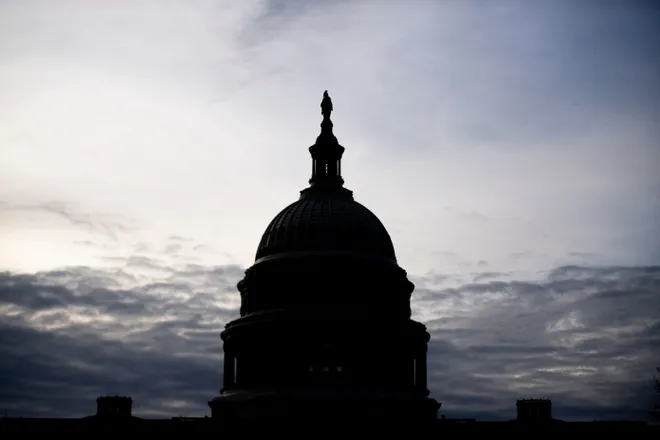
A government shutdown is looking increasingly likely to begin this Sunday, a development that has been rattling some investors.
While a potential shutdown isn’t expected to have much of an impact on the stock market, experts say it has contributed to the S&P 500’s more than 5% dip so far this month, to 4,275.
It’s “one of the reasons why you’ve seen the market weaken,” according to Marc Zabicki, chief investment officer of LPL Financial. But after the potential shutdown begins, “I don’t know that you’re going to get any stark reaction from asset markets come Oct. 2 next week. I think it’s already largely been built into prices.”
Why is the stock market down?
While the looming shutdown is contributing to the recent market dip, it’s not the only driver.
September is also a historically weak month for stocks, according to Jeffrey A. Hirsch, CEO of Hirsch Holdings and editor-in-chief of the Stock Trader’s Almanac.
Meanwhile, there are a “lot of other items going on” that are affecting the market, including higher interest rates, looming student loan payments, the United Auto Workers strike, rising oil prices and more, according to Howard Silverblatt, senior index analyst for S&P Dow Jones Indices
“We’re in a very volatile time now,” Silverblatt said.
What happened to markets during previous shutdowns?
There have been six partial or full government shutdowns since 1990. While some were resolved in less than a week, the most recent in late 2018 and early 2019 lasted over one month.
When looking at the S&P 500’s median performance one month after the shutdown compared to one month prior, the benchmark gained a median 5.5% with positive returns five out of six times, according to a Wednesday note from Bespoke Investment Group co-founder Paul Hickey.
“Like the people that occupy the chambers of Congress, past shutdowns have been a lot of sound and fury signifying nothing,” the note reads.
In other words, the looming shutdown is “more of a headline event than a bottom-line event,” according to Sam Stovall, chief investment strategist at CFRA Research. Past shutdowns, he said, left “angered tourists more than disappointed traders.”
Risks this time around?
A Sept. 13 Wells Fargo report led by global strategist Gary Schlossberg and analyst Jennifer Timmerman notes that while the S&P 500 tends to sag before and through the early part of longer shutdowns, “it did not take long for stocks to regain composure after the government reopened in each instance.”
“This time, however, a shutdown risks aggravating other potential body blows to the economy … leaving stocks more exposed to volatility and to extended weakness.”
The report’s authors said they believe a shutdown, if it does occur, has the potential to last at least a few weeks because of hardened positions in an increasingly polarized Congress.
“The longer it goes, the more difficult it will become economically and also from an asset market perspective,” Zabicki of LPL said, adding that Washington’s polarization “increases the risk that something could go wrong.”
However, he said recent history shows that “these are typically not long-lasting events.”
























